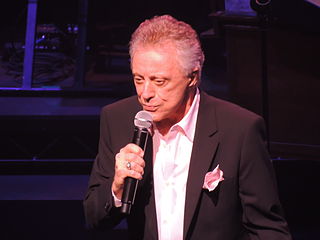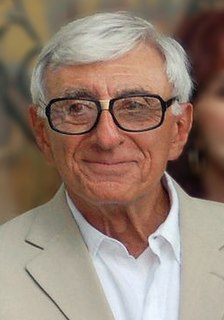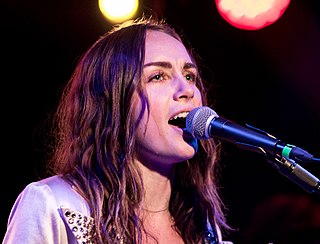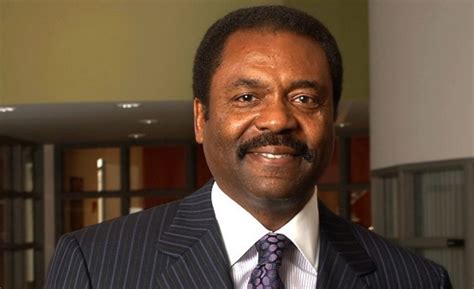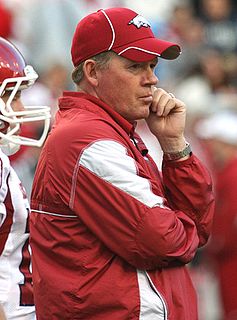A Quote by Frankie Valli
One day, when I was still living at home, a friend told 'Texas' Jean Valli about me. She was originally from Syracuse, N.Y., and lived in New Jersey but sang country. One night, she had me come up on stage where she was performing. I sang 'My Mother's Eyes,' and she was knocked out.
Related Quotes
...fact was she knew more about them than she knew about herself, having never had the map to discover what she was like. Could she sing? (Was it nice to hear when she did?) Was she pretty? Was she a good friend? Could she have been a loving mother? A faithful wife? Have I got a sister and does she favor me? If my mother knew me would she like me? (140)
The idea of the book ["The Japanese Lover"] came in a conversation that I had with a friend walking in the streets of New York. We were talking about our mothers, and I was telling her how old my mother was, and she was telling me about her mother. Her mother was Jewish, and she said that she was in a retirement home and that she had had a friend for 40 years that was a Japanese gardener. This person had been very important in my friend's upbringing.
When "Here Comes the Sun" started, what happened? No, the sun didn't come out, but Mom opened up like the sun breaking through the clouds. You know how in the first few notes of that song, there's something about George's guitar that's just so hopeful? It was like when Mom sang, she was full of hope, too. She even got the irregular clapping right during the guitar solo. When the song was over, she paused. "Oh Bee," she said. "This song reminds me of you." She had tears in her eyes.
I definitely get my artistry and my vocal talent from my mother and mother's side. She sang in a jazz trio band so growing up my dad would always take me to see her play and she has a beautiful voice. When I was little and started to sing, she supported me and let that fire burn. She always knew what it took as a support system.
It came from my mother. She was a singer, and literally every day of the week she sang at a different club in a different genre of music: country, R&B clubs, jazz clubs, church on Sunday morning where she was the music director, pop hits, soft rock. I grew up listening to all this music, so it was never one thing for me.
My mother lived her life through movies and books - she read everything there was to read. And she read to me every night. I never went to sleep without her reading to me. And she fantasized about the book and she would talk about it, the place, and you would think that after she read the book and after she told you stories about it, that she had actually been there. I learned about story from her, and I learned the value of a great story, and the value of great characters.
My mother had said me, "All right, you've been raised, so don't let anybody else raise you. You know the difference between right and wrong. Do right. And remember - you can always come home." And she continued to liberate me until she died. On the night she died, I went to the hospital. I told my mom, "Let me tell you about yourself. You deserved a great daughter, and you got one. And you liberated me to be one. So if it's time for you to go, you may have done everything God brought you here to do."
So I called and said, 'Mommy, I'm doing a political film with Jean-Luc Godard. You have to come and sign the contract.' She thought I was lying, so she hung up the phone. But then she came the next day, even though she had never taken an airplane in her life. She came to Paris and she signed my contract.
The unicorn lived in a lilac wood, and she lived all alone. She was very old, though she did not know it, and she was no longer the careless color of sea foam but rather the color of snow falling on a moonlit night. But her eyes were still clear and unwearied, and she still moved like a shadow on the sea.
